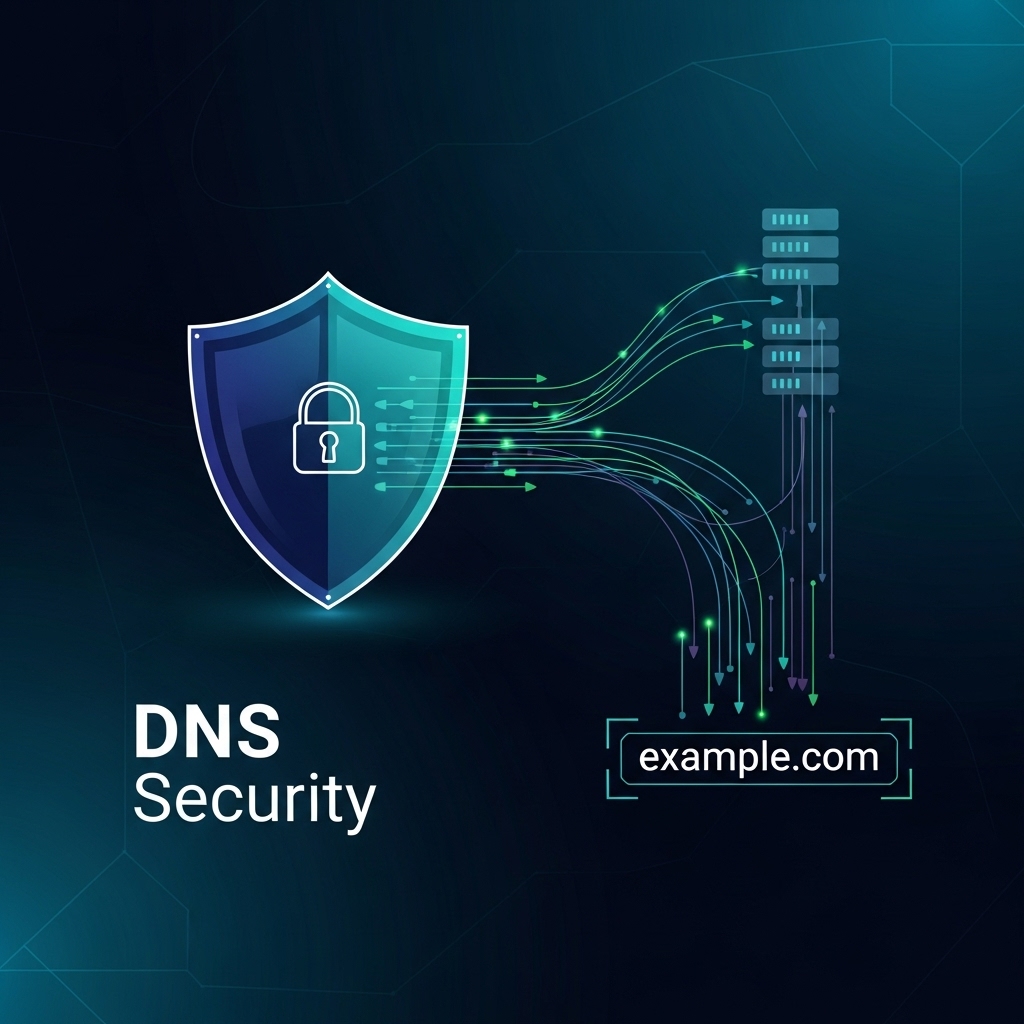DNS Security refers to the set of measures designed to protect the Domain Name System (DNS), which plays a vital role in directing internet traffic by translating domain names into IP addresses. As a critical component of internet communication, DNS is often a target for cyber threats.
Importance of DNS Security:
User Protection:
DNS security ensures that users are directed to the correct websites, protecting them from phishing and redirection to malicious domains.
Data Protection:
By securing DNS traffic, especially during the transmission of sensitive data, DNS security helps minimize the risk of data leaks and interception.
Service Continuity:
Attacks such as DNS spoofing or DNS-based DDoS can disrupt services. DNS security mitigates these risks, helping to maintain uninterrupted service availability.
Brand Integrity:
Cyber attackers may exploit DNS vulnerabilities to redirect users to fake websites, damaging brand trust. DNS security helps preserve the credibility and reputation of your brand.
Regulatory Compliance:
Privacy laws and regulations may require the implementation of DNS security measures. Ensuring DNS security supports legal compliance and risk management.
DNS security enhances the overall safety and resilience of digital infrastructure by protecting users, data, services, and brand reputation from DNS-related threats.












